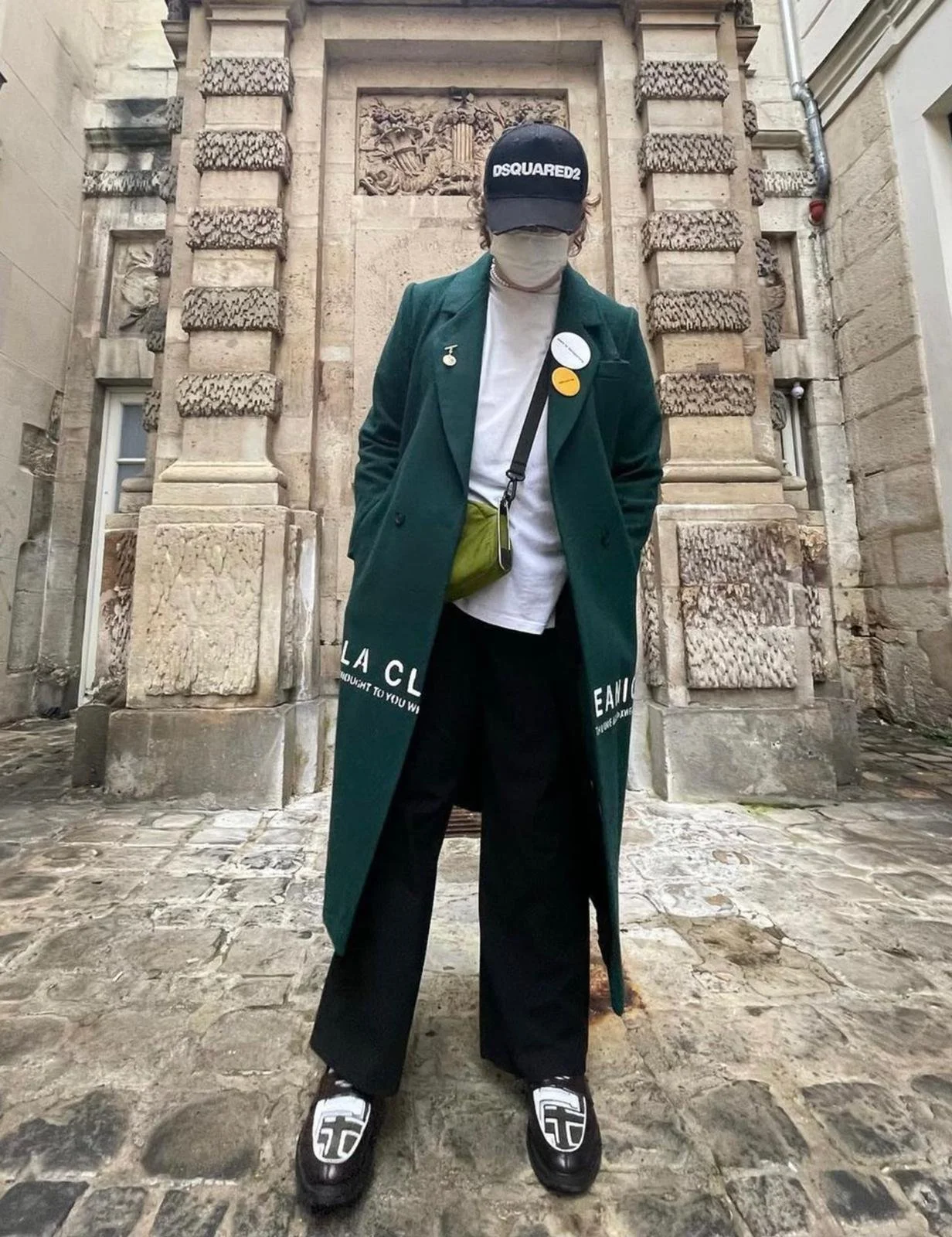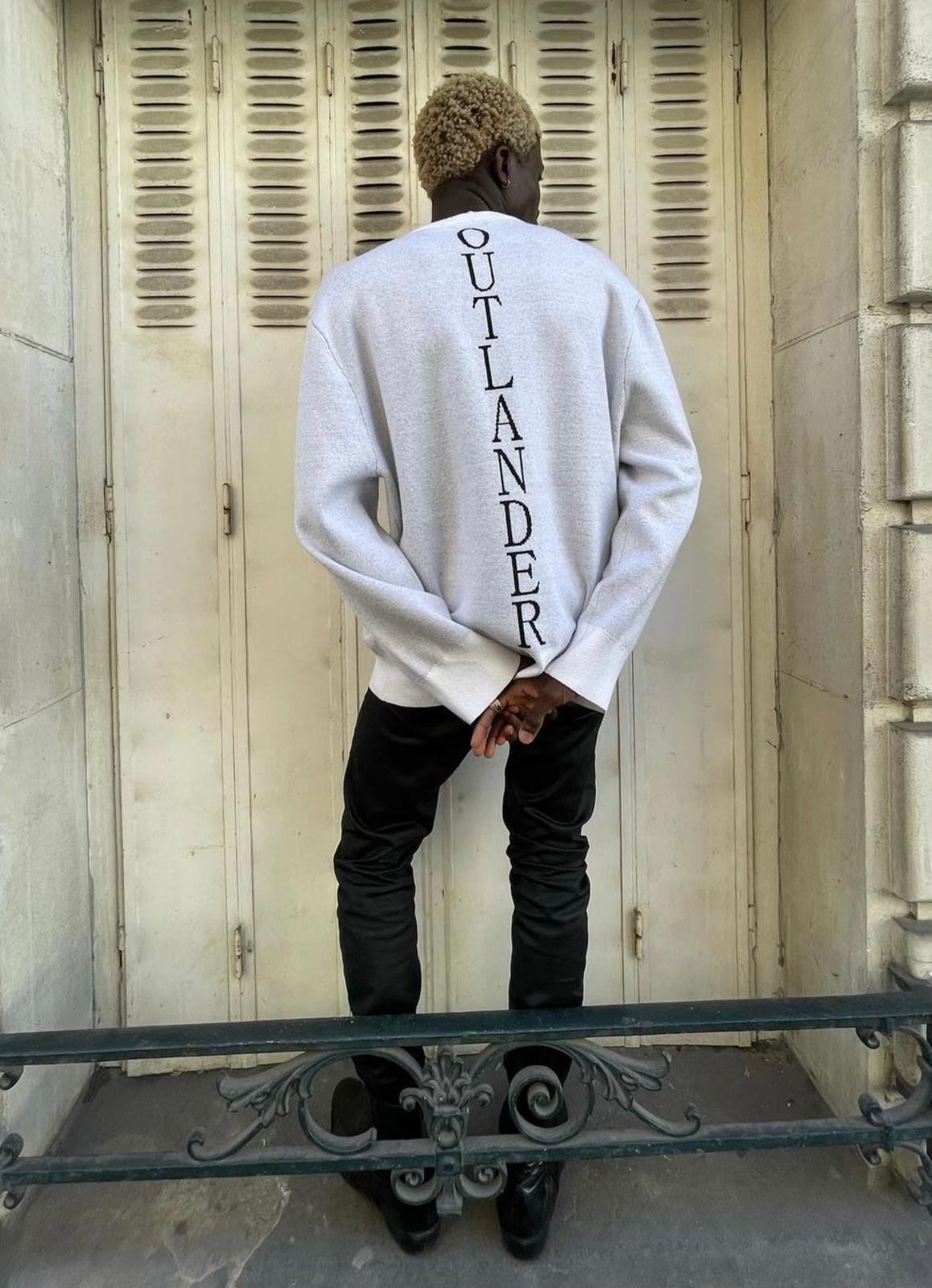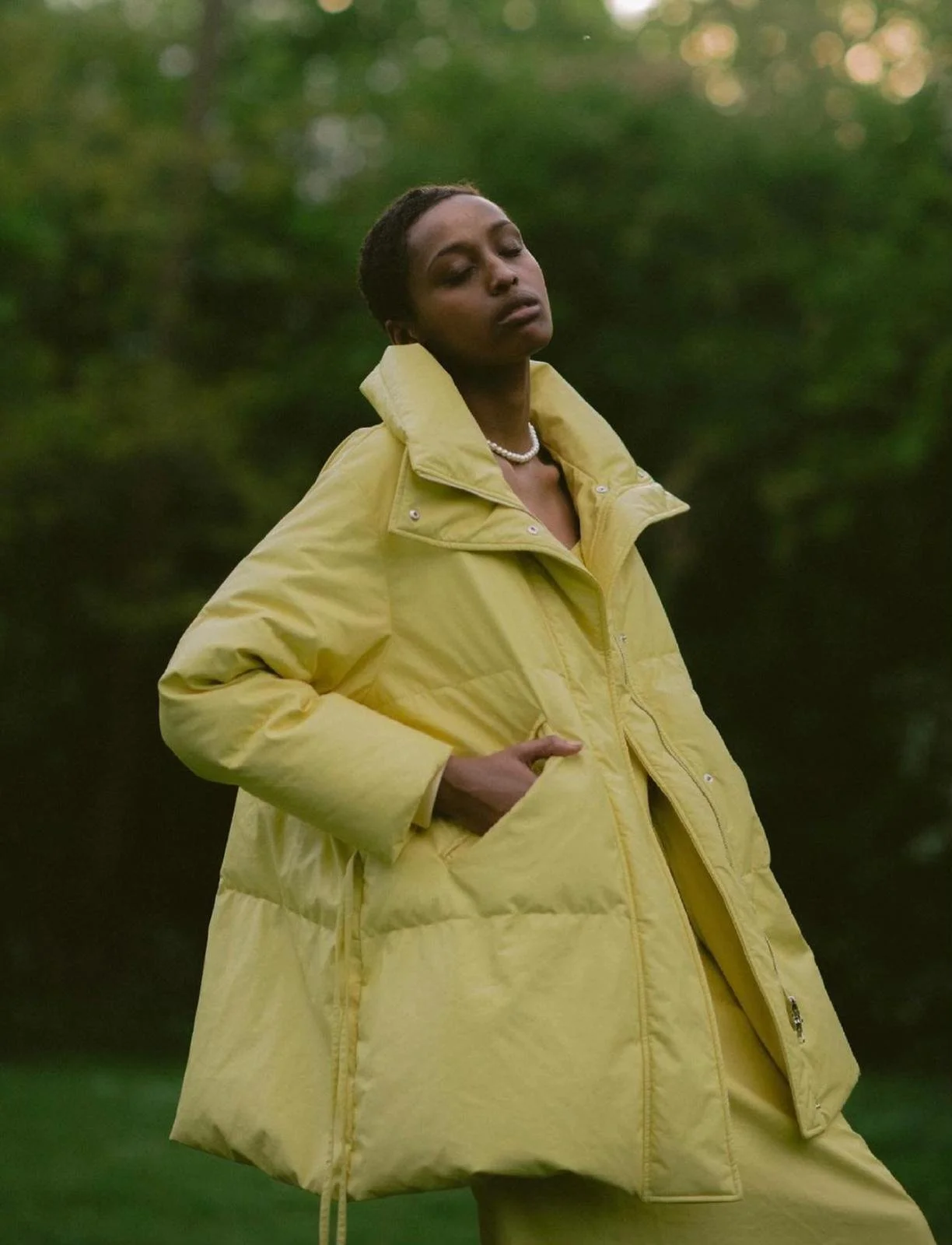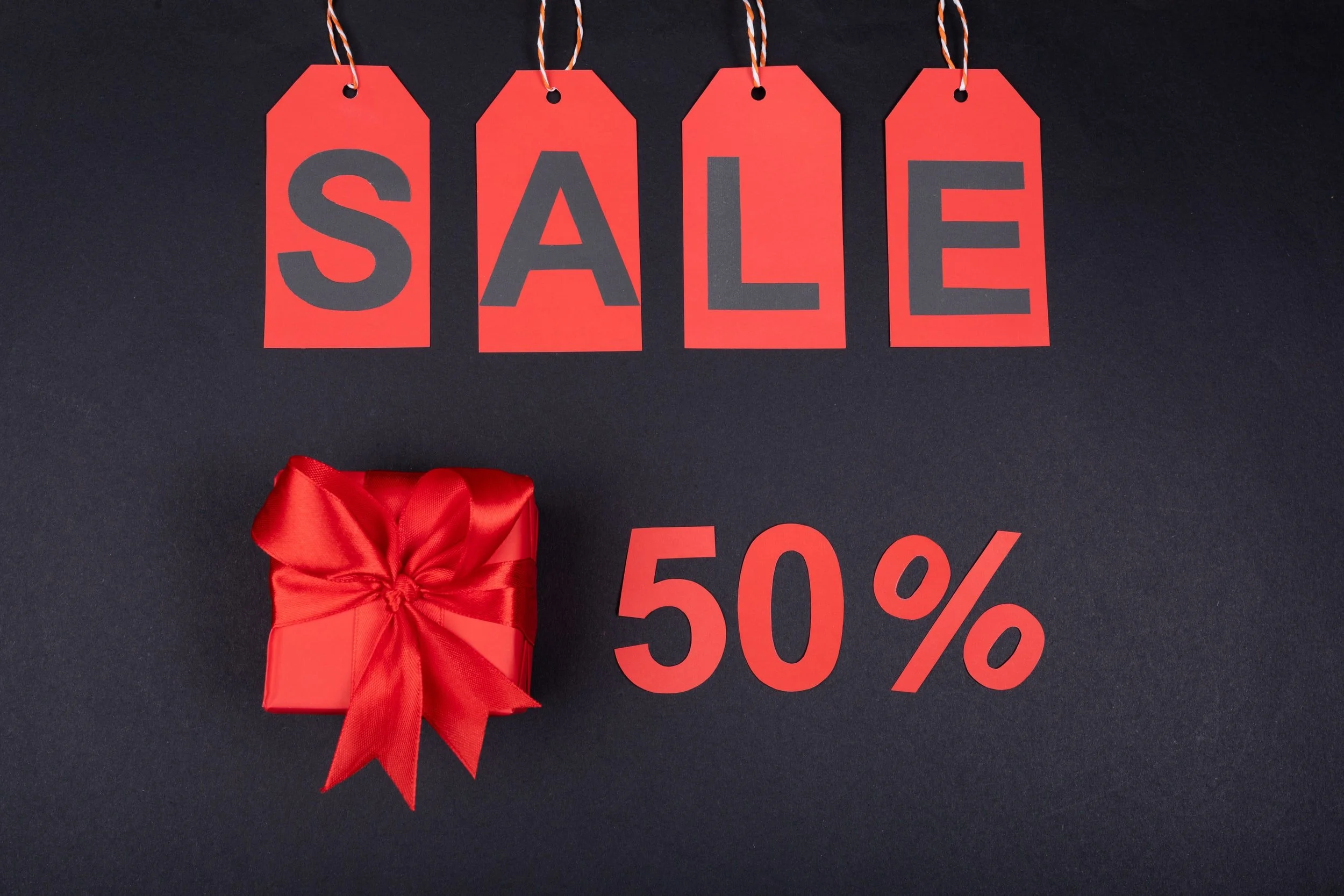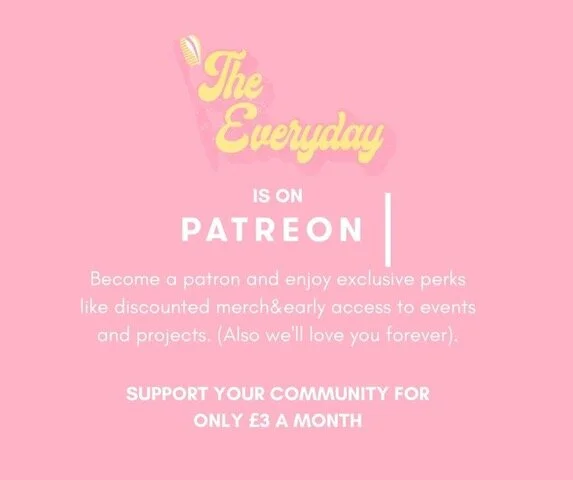If you don't know, get to know: Outlander.
Callum McCaff - creator, Outlander
I had the pleasure of interviewing Callum McCaff recently, the creator of one of my favourite fashion magazines, Outlander. We discussed his journey in fashion over the past 8 years starting with one tweet, taking that and transforming it into a reputable outlet, particularly in The US and Asian market.
Outlander has amassed a huge following with over 150,000 followers on Twitter and 11,000 on Instagram. I asked him about the lessons learned, the challenges faced and plans for the future.
Talk to me about what got you started?
OK, so I didn't wake up and say I want to start a magazine one day. I was on Twitter like eight years ago; I posted this picture of my shoe rotation at the time. It got retweeted by this fashion account that was hot back then and ended up getting me like 50 likes. It felt great. I felt like I was the man, so naturally, I wanted to do that for other people, so I started a blog. Back then, things weren't like they are now. Not many people had blogs 8 years ago like they do now, so it was easier to get the following. From there, I was just posting stuff about Supreme and other streetwear brands, and then it kind of got to the point where we got all this traffic. We began to see likes, follows, and people reaching out to us. So I thought, where do we take it from here because we needed to expand to make something that has some real substance, so naturally, we felt that the way to go was to turn it into a magazine. So yeah, we didn't take any real action till about a year and a half ago, starting before the pandemic; that's when I felt it really turned into a magazine with editorials and articles on the website. I didn't study journalism or fashion related degrees at Uni. I just felt like I've got this in front of me, now what do I need to learn to take this to the next level.
Like you, I haven't studied journalism or fashion at Uni, so can you touch upon that learning process? What did you prioritise to make your product that much better?
Detail is everything. You have to know key phrases in the industry when talking to people from the industry, for example, presentations. To anyone else, they are called presentations, but it's called a deck in the industry. I didn't know it was called that for like two years, you can imagine trying to connect with someone from the industry, and you're calling the deck a presentation, they kind of look at you like this guy is new to the industry. I guess these key phrases you need to learn to be taken seriously by people in the industry.
You need to learn what people in your network want from you or what you can provide them, so that's how you make actual connections with them. So, for example, with people in PR, I understand it's their job to get their client's exposure/sales. So when I'm approaching someone from PR, I make a deck that kind of focuses on metrics useful to them, for example, projected sales/engagement things like that is just how to grow your network. I do this on my own, so I have learned other skills, like managing someone. I had this girl from Paris who emailed me one time wanting to be my intern with her university. I've never had an intern before; I've never managed anyone except myself before, so that was a real time to learn. I thought I could do one or two things here, say no or I say yes, and I learn how to manage this girl and then teach her everything I know, grow as a person and grow the business in that way. But that's just another key thing you have to learn, how to be comfortable when you're taking these risks that really don't make you comfortable because they're the ones that are really going to take everything you do to the next level.
In terms of being on top of all the content that these brands produce, how has that transition been from the early stages to now? I assume that it's a little bit easier now you're known within the industry.
To start with I just knew where to look, and I made sure I was consistent with the content I was sharing. Over time, you get the attention of brands, so for example, I will tell you what I did to get the attention of Bottega. So from knowing where to look and being consistent with content, I would use the analytics from those posts around Bottega as my window into getting to know some of their team. I told them it would be easier for them to send me press releases/materials directly because these were the types of numbers I was getting.
So why did you decide to call your magazine Outlander, and what does Outlander mean to you?
Yeah, so it came to me. I thought, wow, that's a really cool name, then I looked up the definition 2, 3 years later. It means someone who doesn't belong to the culture that they're in. I'll try to explain it in a fashion context. An Outlander doesn't necessarily conform to the usual standards of traditional dressing. They take pride in the different stuff they wear, so that's why I cover the stuff I cover in the magazine. Of course, I have to cover the more traditional stuff as well. Still, we strongly highlight the "weirder" stuff of fashion that the young designers are pushing out the larger ones can't because the market isn't there for them. So Outlander is, yeah, it's for the people that love to be different, just to put in the simplest of terms. There's no real story that led up to that name. I just woke up one day and thought, OK, I need a name for this thing, so OK, that's cool. Since then, I've seen the Mitsubishi Outlander car, a TV series called Outlander. Who knows where it really came from subconsciously.
It seems like understanding the needs of your followers is important to you. How do you go about navigating that now? Is it hard to stick to what's got you here, or are you doing things that you know will get your following up?
This is a really good question. I've seen brands that try and create content they think will go a certain way, and it doesn't go anywhere near where they expected it to. I think it's because followers don't want to see what they've already seen. They wanna see something fresh and new, so that's why Outlander is as successful as it is because I don't think like this. I just think, well, I like what I like. My followers like that and are there with me on my journey effectively, so understanding to go the right way about things comes through in the content you share. It also means I can share what I like even if they don't know it. It doesn't really matter because I like it, and that's essentially what Outlander is like. I'm not trying to conform or please anyone just because they are interested in what I do, you know. I'm here to be who I am, and you can come along for the ride. That's exactly how I think people need to run their social media instead of doing things you don't like, but other people do because it will get to a point where you lose engagement with your following because it's always going to be the same content as the next person.
I guess what you're saying is if you're interested in something enough, there will be people out there who relate to you.
Yeah, I think it's important that you stay as authentic to yourself as possible your passion does come through on paper. You don't need to say things out loud for the passion to show. It just shows.
I saw recently one of your posts was retweeted by ASAP Ferg. What's it like to be on the radar of someone like him? What was your reaction like when it happened the first time, and what's your reaction now that you've got the following you've got?
The first time I thought, woah, this is crazy was when Wiz Khalifa followed me; I felt great because of the engagement. You've got to remember they don't follow you directly, you can still get gassed. For example, I posted about a campaign Patagonia had and It went viral; moments like that are cool. Still, I can never grow an ego from it. I think it's more like confirming a sense of achieving something and watching something I created grow. Nowadays, I don't look at it like, yes that guy, who did that thing liked my post because, in reality, they've just liked something you've created. They have no idea who I am personally. So when something good happens, the only way I see it is that I don't hang onto those moments because they could go one day. I don't want to hang on to those moments and get depressed one day because they stopped. I just look at them as fleeting moments that are cool for now. It's very nice to be recognised and to create Outlander into a position where these celebrities and people in power, I suppose, retweet. For me, it validates Outlander as a reputable source, and that's the coolest thing, the fact that an ASAP Ferg can share my content says that he's looked at us and thought I'm going to retweet this because they appear to be a reputable source.
You're doing this by yourself. What's it like when you're trying to break into the fashion industry? Are you getting respected by your competitors? Was it difficult for you to get to where you are now?
We are definitely missing a few elements that will bring us to their level obviously, they've been doing this for years, but I can't really speak on that kind of stuff. The main thing is to have our pieces read or be known for the information we put out there. There's no communication between our competitors and us. I think we're all just trying to do our own thing. We all have the same goal effectively, so it's like what's the need for any communication. In terms of breaking into the industry, I say I do it on my own in the sense that I had to post items of research, I did the majority of the writing. I've got a network that I have built over the years if I ever need anything. Like if I wanna do an editorial, I've got a modelling agency that will give me models. I've got photographers that'll work with me like it's a lot of just, we know who we need, and know we've got those people on your contacts. Hence, it's like it's not necessary I work alone. We're not shooting editorials every day, we're not using models all the time. Hence, we just have it right then and there when we need that stuff.
Yeah, breaking into the industry is hard. It was a lot easier to get the fashion shows when I started because the idea of influencers and all that good stuff was just starting, so these brands were trying to see exactly what they could gain. So it's a lot easier back then. In more recent years, shows, for example, are a lot more closed off now unless you're deep in the industry. You're not going to get deep in the industry if you don't know people in PR because they're the ones who handle the tickets for shows or decide on gifting and stuff like that. The thing is, you can't just email them and make a case for yourself because they get tons of emails like that, you kinda need to catch them early. All this comes down to understanding the people that you're trying to contact, you know, but yeah, it's harder now to get your foot in the industry. However, once you've come to a certain point, it's a little bit easier to make the moves you wanna make.
Taken from SS21 “Beloved” Editorial with Maison Margiela
Running Outlander, for the most part, by yourself must be difficult, so how do you achieve lifework balance?
I haven't yet. The reason why is because most of my clients are based in The US, so I need to be free to be contacted between 4:00 PM and 2:00 AM, which takes a toll. On Saturdays and Sundays, I try to limit that. I still have to post and be active on socials and stuff because that's kind of the job, but I keep my evenings off sometimes.
You have over 150k followers on Twitter and 11K plus on Instagram. What has this done for your motivation, and where do you see the magazine in the next few years?
Well, there's no reason why it wouldn't be on the same level of a Complex. Outlander's projections on Twitter are something like 700,000 followers within the next 5 years. We started on Twitter, and that's where most of our following are. It's hard to transfer followers from one platform to another, people on Twitter may not necessarily use Instagram like that. Also, Twitter lessens the number of people that will see a tweet with a link in, so that's hard in that respect. Once you hit 10,000 on Instagram, it just grows itself. On Instagram, we actually average like 400 new followers every week. Today alone, we did like 300 on Twitter which is crazy. Instagram is a completely different audience. They've only known about us for, I feel like, the last year, whereas Twitter, they're like our o.g. veterans type fans. Once you hit 150,000 on any platform, that's when you're taken seriously by the people you're trying to connect with and be in your network. You are taken a lot more seriously when you have 10,000 followers on Instagram. Over five years, the hope is we continue like this, at the very least. I've been doing this for eight years. I'm 25 now, so these moments of milestones and stuff like Outlander being referenced in an academic book for social media storms make me feel like damn what else is around the corner. Now I gotta keep going, and then you get stuck in this mindset of you know I didn't do this for eight years stop now.
A huge thank you to Callum for taking the time to have this conversation with me. I personally found it inspiring to listen to his journey over the past 8 years taking an interest of his and transforming that into a career.

